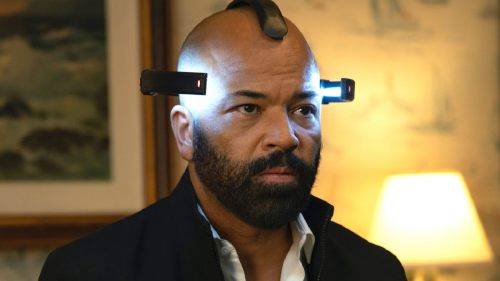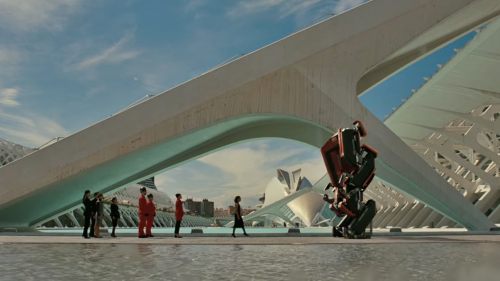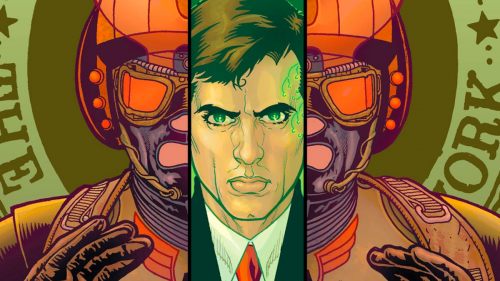EX MACHINA Vs WESTWORLD
Despite disadvantages in terms of time, budget and cast, last year’s Ex Machina not only accomplished what Westworld is currently attempting in its first season but did it even better.
There are great things about Westworld, from its amazing cast of actors, to the great cinematography and directing. From scene to scene, the writing is pretty strong. But it doesn't gel. It doesn't soufflé. The whole is not greater than the sum of its parts. It feels uninteresting, even as the plot twists finally start twisting.
Westworld is missing the point of its own story. When the original Westworld movie came out in 1973, it was perfectly poised between the terrifying AI of 2001: A Space Odyssey in 1968 and the the lovable robots of Star Wars in 1977. In 1973, using androids to stage expensive, nostalgic fantasies and having them outgrow their original programming to turn on their human creators was a great story, one that tapped into fears about the ever-growing reach of technology and playing God or Doctor Frankenstein.
The HBO reboot tries to place tension elsewhere, by asking philosophical questions about ethics and humanity, the role of anguish in consciousness, and how the passage of time effects beings that don’t age. That sounds like it should be pretty interesting. So how do we get to this scenic but interminable story? By layering a lot of fancy trimmings on a narrative without an emotional core. You can see it when you compare Westworld and Ex Machina elements side by side.
Nathan Bateman, played wonderfully by Oscar Isaac, is a young and very very rich brogrammer with some serious interpersonal issues in Ex Machina. Our window into his character, seen from the interactions he has with his naive visitor and his android companions, grows as the plot winds up and reveals more and more of his cold and misogynistic core. By rooting the technological and existential issues of AI in the familiar conflict of gender and power we have a relatable and therefore realistic background to watch these futuristic conflicts play out.
Dr. Ford, played by Anthony Hopkins, is (depending on which short segment of which episode you are watching), a seemingly kindly grandpa guy who loves robits, a crazy megalomaniac creator, a savvy business person, a horrible business person, and a manipulative and murderous prick with a mysterious and contrary agenda. In attempting to make him complicated, Westworld has succeeded only in making him confusing. And this is true of so many of their characters, making it very difficult to get invested in their journey and goals. The ensemble cast of contradictory characters takes away from their plot and tension instead of adding to it.
Westworld has a wonderful way of making their human actors playing hosts go suddenly still, but they will never out uncanny valley the effects in Ex Machina.
In both shows we have an attractive young android who may have been created by a douchebag to fulfill sexual fantasies but who becomes more powerful as the story goes on. Dolores appears to mostly cry, run around, and drone long vague and philosophical monologues. Her character arc seems to be that she starts to do all those same things while wearing pants and holding a gun. Progress? Maybe?
Ava systematically manipulates the human and mechanical systems around her with a charming smile and a razor sharp intellect. She uses every short interaction to her distinct advantage as she uses the two human men’s flaws against them. In every scene we are asked to decide if she is having emotions or imitating them. The plot twist depends on the characters and that’s really the heart of it. While Ex Machina asks us a question and presents us with compelling evidence and an emotional connection to lead to its plot twist, Westworld uses narrative tricks to appear clever by purposefully obfuscating important information about characters, timeline, and setting.
I anticipate that Westworld will pull off a major twist in its finale. A second season will eventually follow. But it wont ever capture us, convince us, or creep us out the way Ex Machina did. Sometimes bigger isn’t better, it’s just bigger.



